News

Transitioning to Technology Based Education
Aloha Kākou,
As we begin to transition to a technology based education, you may be feeling a bit overwhelmed. We want you to know that the NKH team is here for you during these tough times. In doing so, we would like to remind you that our NKH curricula and community are fully adept to deliver an effective online learning environment for your students. By joining our project, you can provide virtual learning experiences that immerse students in active learning while maintaining the same high quality education that students receive in a face-to-face classroom. All of our curricula are available online through our website and community platform. Our learning activities, located on our community platform, aim to allow students an opportunity to share their understanding with other participating students in a safe online environment. If you are interested, need help accessing the material, or just want more information about our project, please do not hesitate to shoot us an email at nkh.uhm@gmail.com
Please visit this link to find our course! https://community.stemd2.com/courses/2881503/content

NKH’s Teacher Course on Planning for a Successful Transition to Online Teaching
The STEMD2 R&D Group has developed a teacher course on how to transition from a face-to-face classroom to online/hybrid instruction. This is a short, 3-hour course that is to the point and easy to implement. The Ne’epapa Ka Hana (NKH) is a program, under UH STEMD2 Research & Development Group, that aims to improve STEM education in Hawai’i and this course is made available for free for all teachers of Hawai’i.
We invite you to take this course and we would also love to meet with you and provide more details on the benefits of joining our program.
To take the free teacher course, join and request access on STEMD2 Community (https://community.stemd2.com/). We would be able to add you in just a few minutes and you can start learning immediately! We also offer the STEMD2 Community as an app, open https://mightynetworks.com/app and search for the STEMD2 community.
Please share this information with your principals and encourage them to share our resources with their teachers. Do not hesitate to contact us if you have any questions regarding our program.
Mahalo!
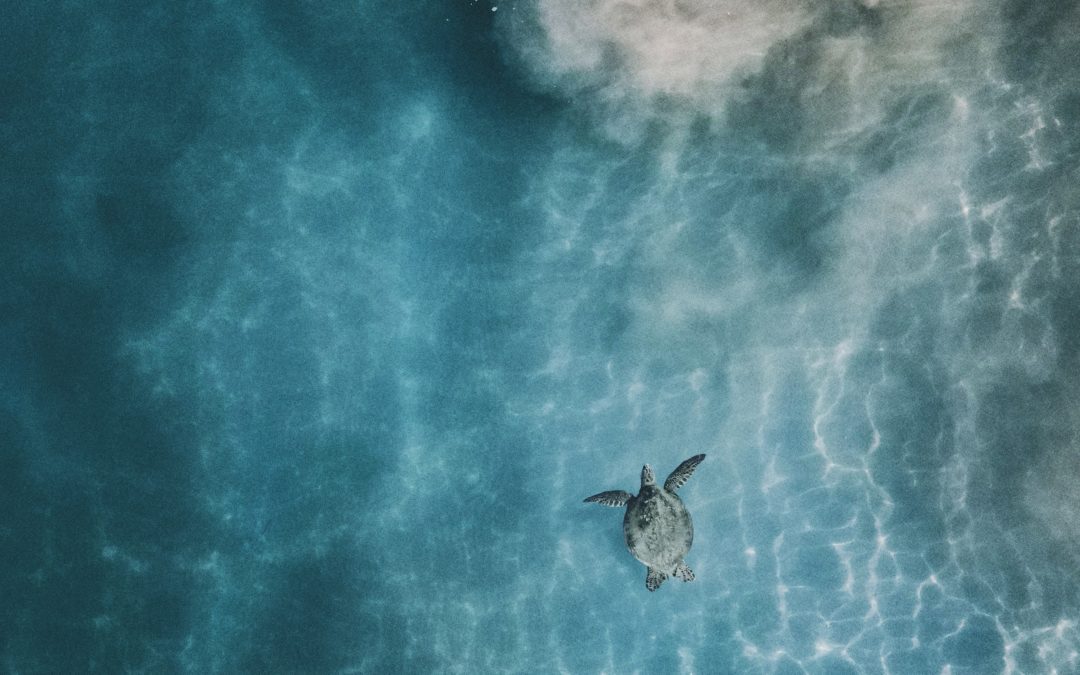
NKH’s Professional Development: Summer Institute 2020
NKH’s Professional Development course is set to begin June 30th and we can’t wait! The NKH Professional Development course, or PD, is a teacher course organized by STEMD² that helps guide educators in preparing to implement and discuss socially and culturally responsive problem-based learning. In this course, STEMD² offers strategies for teaching middle school math in the 21st century and for creating a student-centered environment that encourages motivation, engagement, and success! The course also includes practical strategies for working with the students in the classroom in order to help them learn in an effective and efficient way.
The Professional Development program introduces Authentic Social Learning Model (ASLM), a guide that is easy to follow for teaching diverse 21st century learners that provides updated strategies and skills for teaching students in today’s classroom. Educators will leave this course with a wider understanding of what it means to teach a diverse, 21st century classroom and how to maximize their students’ learning experiences!
The course is available online and you can register for the NKH PD program, Authentic Social Learning: An Inclusive Teaching Model to Support Diverse Learners in STEM, through PDE3’s website https://pde3.k12.hi.us/ia/empari/login/index.
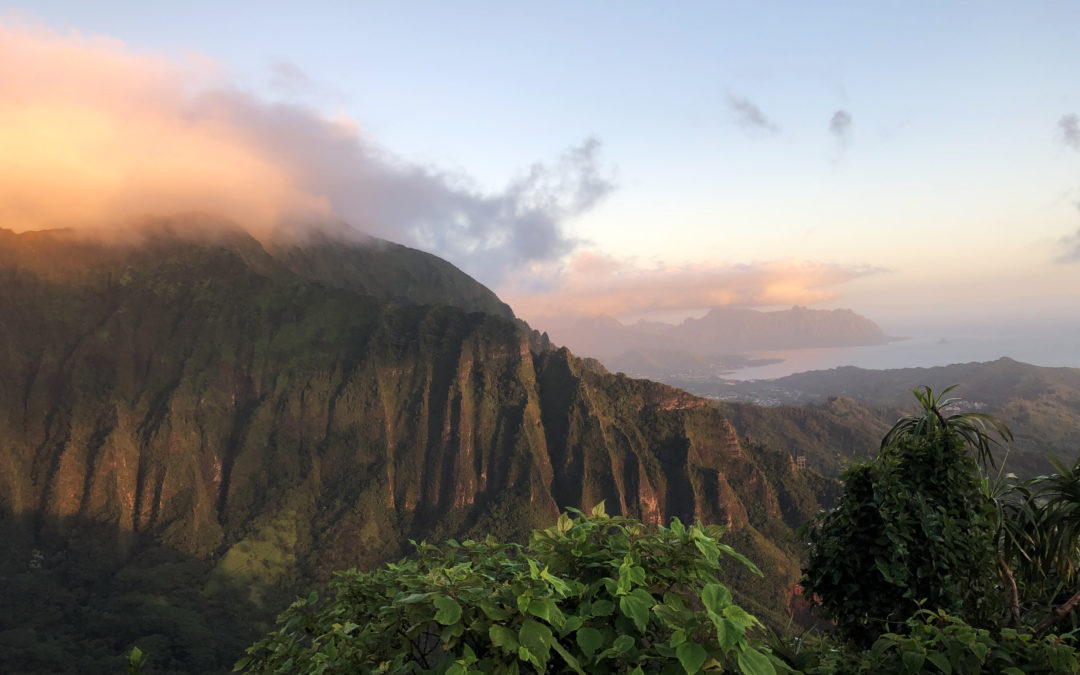
7th Grade SBAC Textbook: Let’s Collect Lauhala
Letʻs Collect Lauhala! An SBA textbook that will prepare 7th grade students for the end-of-the-course test based on the math textbook, Letʻs Take Care of the Loʻi, while exploring native Hawaiian culture.
Lauhala is a Hawaiian word that comes from the word lau, meaning “leaf” and the word hala refers to the hala tree from which the leaves come from. The leaves of the hala tree are long, strong and tough, providing durable material for a plethora of useful items. Today, the technique of weaving is applied to the lauhala leaves to make purses, baskets, bottle holders, and placemats. Historically, lauhala was used for many other items such as canoe sails, wall thatch, window-shutters, roof lining, mats, etc. Lauhala weaving is hard work and very time consuming. Many pieces created by artisans are considered works of art. This textbook is an effort to educate students about the history and significance of lauhala in Hawaiʻi in a way that amalgamates seamlessly with their courses.
Let’s Collect Lauhala, Student Activities: https://www.amazon.com/Lets-Collect-Lauhala-Student-Activities/dp/B0851LZKF6/ref=sr_1_fkmr1_1?dchild=1&keywords=SBAC+Let%27s+Collect+Lauhala&qid=1585081647&sr=8-1-fkmr1
Let’s Collect Lauhala, Teacher’s Guide: https://www.amazon.com/Lets-Collect-Lauhala-Teachers-Guide/dp/B0851MYTSF/ref=sr_1_fkmr1_2?dchild=1&keywords=SBAC+Let%27s+Collect+Lauhala&qid=1585081686&sr=8-2-fkmr1
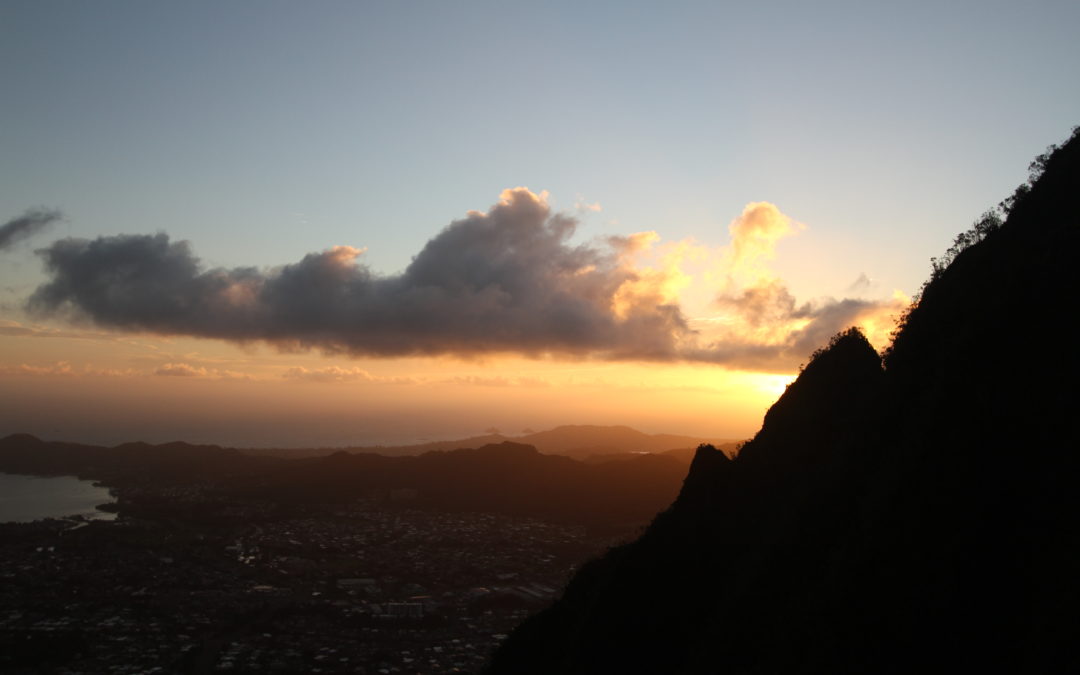
6th Grade SBAC Textbook: Let’s Chant for Rain
Let’s Chant for Rain! An SBA test book that will prepare 6th grade students for the end-of-the-course test based on the math textbook, Let’s Go From Mauka to Makai, while teaching students how the math they learned this year can support the Hawaiian environment.
The Hawaiian word for chants, songs, or poems is mele. Mele accompany hula dancers and drummers. There is a mele for almost everything, they excite, give praise, and criticize. They are a way of expressing feelings and serve a purpose. Some mele also hold knowledge, like the Hawaiian genealogy. They are an important part of Hawaiian life and are a form of communication with the world and beyond. Mele are chanted to the Hawaiian gods, to the kūpuna, to other people, and to the ʻāina, and are an important part of keeping the oral traditions in Hawaiian culture alive. This textbook is an effort to educate students about the history and significance of mele in Hawaiʻi in a way that amalgamates seamlessly with their courses.
Let’s Chant for Rain, Student Activities: https://www.amazon.com/Lets-Chant-Rain-Student-Activities/dp/B0851LZKF7/ref=sr_1_fkmr0_2?dchild=1&keywords=SBAC+Let%27s+chant+for+rain&qid=1585081558&sr=8-2-fkmr0
Let’s Chant for Rain, Teacher’s Guide: https://www.amazon.com/Lets-Chant-Rain-Teachers-Guide/dp/B0851LZKF8/ref=sr_1_fkmr0_1?dchild=1&keywords=SBAC+Let%27s+chant+for+rain&qid=1585081593&sr=8-1-fkmr0
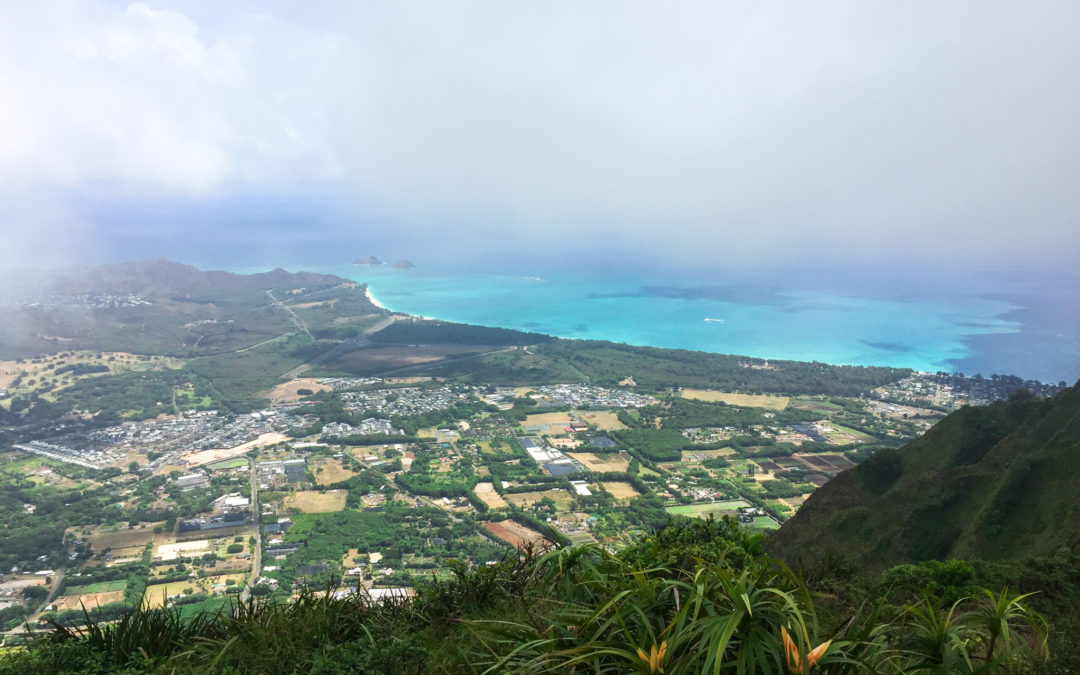
7th Grade Textbook: Let’s Take Care of the Loʻi
Letʻs Take Care of the Loʻi! A textbook incorporating Hawaiian traditions of caring for our islands, and illustrating the importance of the natural resources found on the island. In this textbook, students will learn how math can be used to support traditional Hawaiian ways of farming, fishing and building.
The loʻi is a Hawaiian taro field. In ancient Hawaiʻi, taro played a large role that went beyond dietary staple, it also holds mythological importance. Letʻs Take Care of the Loʻi teaches of the significance of taro in Hawaiians’ survival and prosperity and the art of the patch itself as well as the art of taking care of it. The loʻi is an example of the philosophy of working with nature to create abundance, a carefully calibrated gravity-fed irrigation system, and over the centuries they filled every valley in Hawaiʻi. Loʻi patches are not only a local food source, but also oases of Hawaiian culture and connection to the land. The ideas and practices taught in this textbook by fusing teachings of the loʻi’s system and its significance with mathematical lessons in order to teach math to students in a way that is relevant to their home and history.
The cultivation of taro, declined precipitously in Hawaiʻi over the last century. The art of doing so almost lost. The Hawaiʻi Renaissance renewed interest and a statewide network dedicated to taro patch restoration was created. This textbook is an effort to educate students about the loʻi in a way that amalgamates seamlessly with their courses.
Let’s Take Care of the Lo’i, Student Activities: https://www.amazon.com/Lets-Take-Care-Student-Activities/dp/0998314285/ref=sr_1_7?dchild=1&keywords=let%27s+take+care+of+the+lo%27i&qid=1585081493&sr=8-7
Let’s Take Care of the Lo’i, Teacher’s Guide: https://www.amazon.com/Lets-Take-Care-Teachers-Guide/dp/0998314293/ref=sr_1_1?dchild=1&keywords=let%27s+take+care+of+the+lo%27i+teachers+guide&qid=1585081510&sr=8-1

6th Grade Textbook: Let’s Go From Mauka to Makai
Let’s Go From Mauka to Makai! A textbook featuring math activities for 6th grade focusing on Hawaiʻi’s natural environment, and guiding students from the biodiverse oceans to the tempered mountains in Hawaiʻi. In this textbook, students will explore environmental issues that are threatening the natural habitats and ecosystems in Hawaiʻi while learning about preservation measures applied with the help of mathematical strategies.
The word mauka means mountain side and makai means ocean side. Letʻs Go From Mauka to Makai teaches of the importance of balance between the ocean and the mountains and the importance of keeping streams and storm water runoff free of pollution, from the mountaintops to the ocean. What happens in the mountains affects the ocean, and what happens in the ocean affects the mountain. These ideas and practices are taught by fusing teachings of the biodiversities in Hawaiʻi with mathematical lessons in order to teach math to students in a way that is relevant to their home and history.
Hawaiian culture has suffered a great deal of eraser since the overthrowing of Queen Liliʻuokalani in 1893. However, in recent years there has been an increase in efforts to reteach, relearn, and restore Hawaiian traditions and practices in everyday life. This textbook is an effort to educate students about Hawaiʻi in a way that amalgamates seamlessly with their courses.
Let’s Go From Mauka to Makai, Student Activities: https://www.amazon.com/Lets-Mauka-Makai-Student-Activities/dp/0998314269/ref=sr_1_1?crid=1RHS1DEXSMXJK&dchild=1&keywords=let%27s+go+from+mauka+to+makai&qid=1585081355&sprefix=lets+go+from+mauka+%2Caps%2C258&sr=8-1
Let’s Go From Mauka to Makai, Teacher’s Guide: https://www.amazon.com/Lets-Mauka-Makai-Teachers-Guide/dp/0998314277/ref=sr_1_1?dchild=1&keywords=let%27s+go+from+mauka+to+makai+teachers+guide&qid=1585081387&sr=8-1
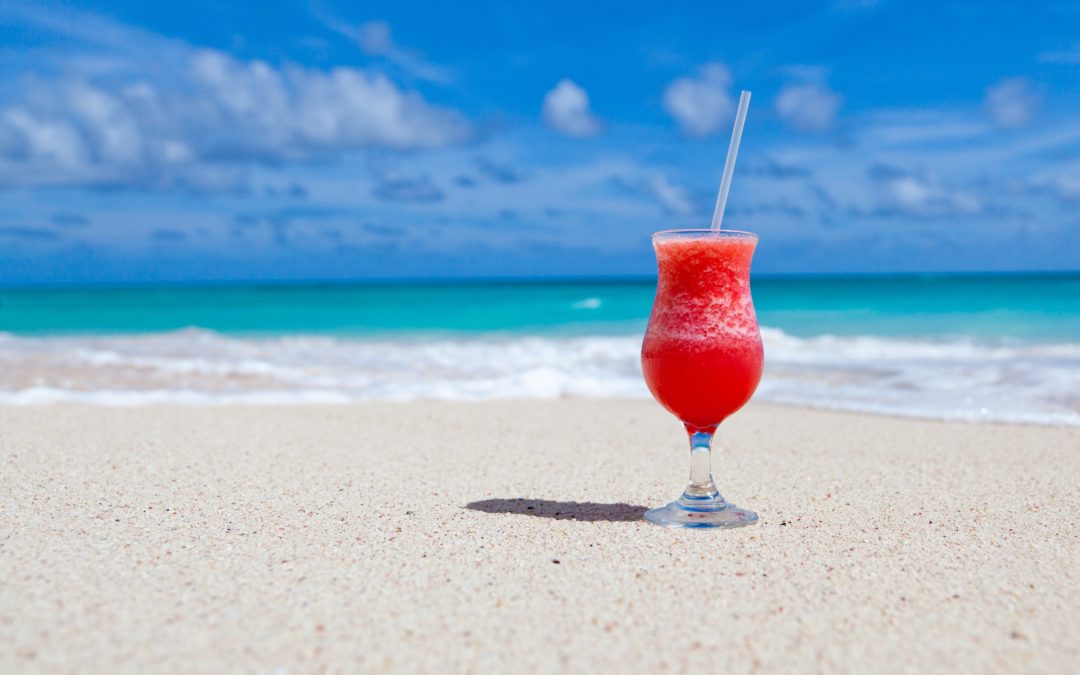
2019 Summer PD
STEMD2 Professional Development 2.0
2019 Summer Session
Aloha,
We would like to invite you to participate in the Ne‘epapa Ka Hana (NKH) 2.0, a federally funded program aimed towards improving middle school mathematics education in Hawaiʻi.
The evidenced-based NKH model provides technology-enabled and socio-culturally responsive curriculum and training for improving inclusive mathematics pedagogy in Hawai‘i. NKH model has been successfully validated for 8th-grade classrooms through increasing the engagement and achievement of all students including Native Hawaiians, students at-risk of school failure, and students with special needs. Now, we are expanding our service to grades six and seven and therefore, inviting all middle school mathematics teachers to join this program.
We have designed a series of Professional Development courses that will familiarize the teachers with the concepts and skills needed to successfully implement the NKH curricula. The first installment of this series is a free virtual Summer Institute delivered asynchronously online.
To successfully complete the online course, it is only required to watch 10 mini presentations, consult the corresponding handouts and complete a written reflection at the end of each lesson. Completion of the lessons will be compensated with a stipend at the rate of $180 per day, $540 total, approved by the Hawai‘i DOE or Professional Development credit through Project Inspire. The goal of this Summer Institute is to make teaching mathematics less challenging and much more rewarding through the introduction of the authentic and inclusive social learning model.
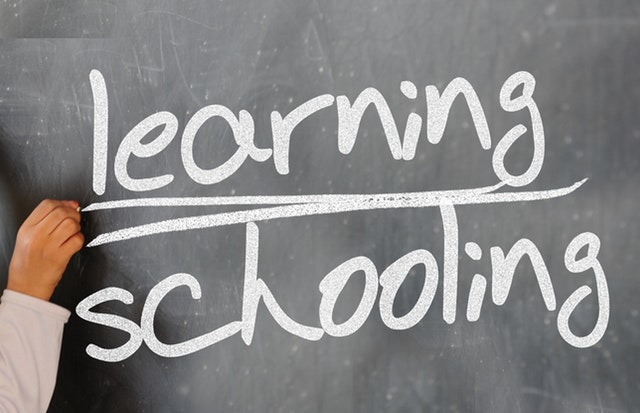
Practical application of the NKH model in the classroom will be later introduced during an on-site professional development course in the fall. It will focus on implementation of NKH student activities. An additional stipend will be offered for completion of the on-site professional development.
Those who are interested can receive more information by signing up. We are excited for your involvement in this program. We are well aware that it is only you, the teachers, who can manifest a goal shared by us all: a flourishing mathematics learning experience for students of Hawaiʻi.
Mahalo nui loa,
NKH 2.0 Project Team
STEMD2 R&D Group
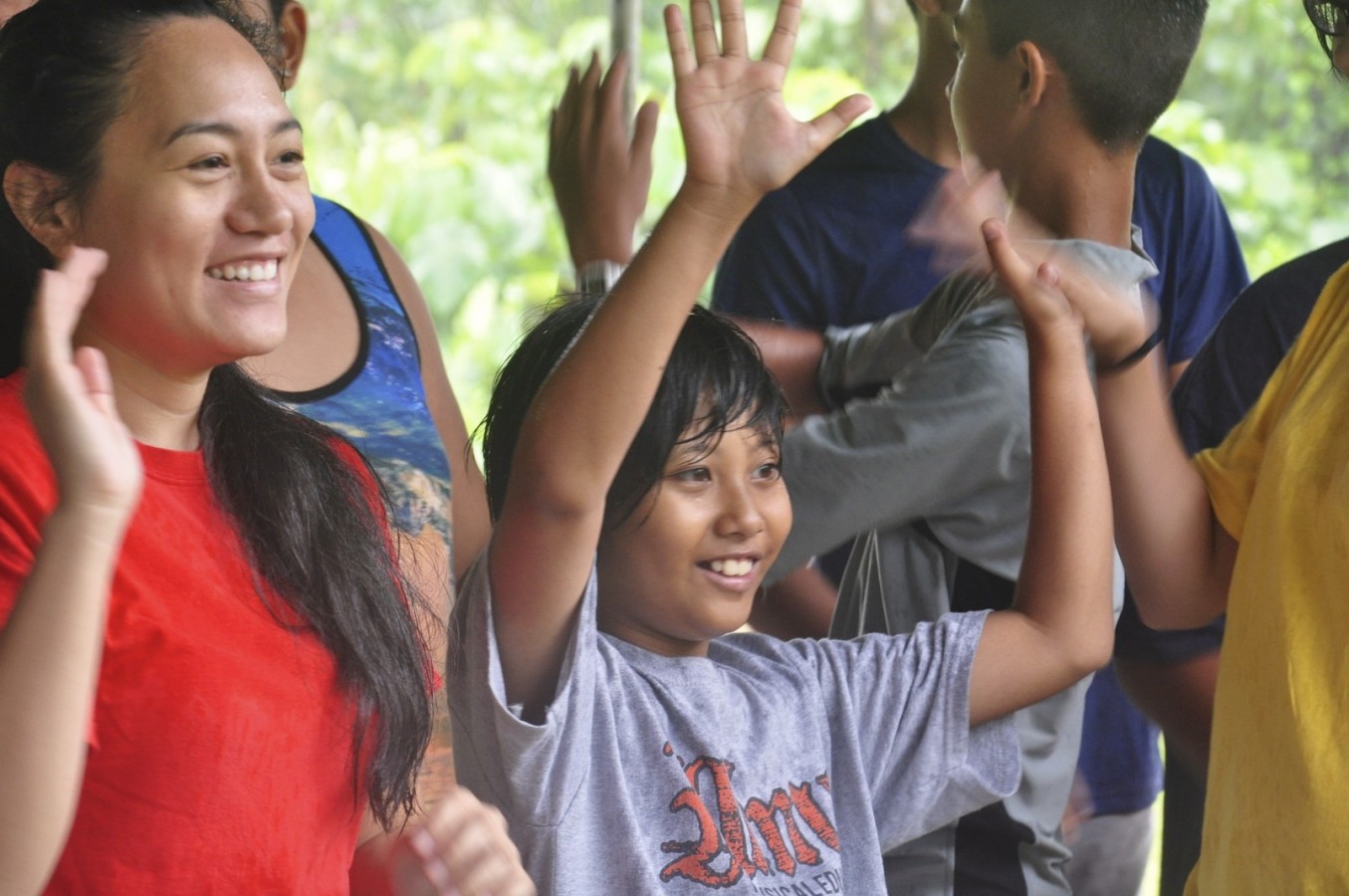
BEAM & Ka Pilina No’eau Mentors Needed
Project BEAM is a 5-year project funded by the U.S. Department of Education, Jacob K. Javits Gifted and Talented Education Program (Award #S206A170014). The purpose of this project is to improve mathematics achievement and support continual STEM participation of indigenous and Hispanic middle school students, who have potential in mathematics, through virtual and face to face after-school and/or Saturday math activities.
Ka Pilina No’eau is a 3-year research project funded by the U.S. Department of Education, Native Hawaiian Education Program (Award #S362A170031) to improve the mathematics and science outcomes of K-8th grade students. The Ka Pilina No‘eau Project aims to strengthen students’ interests and skills in STEM; connect students’ use of STEM to their daily lives and cultural activities; and, foster students’ and parents’ engagement with STEM at home.
Both projects are looking for teachers, community members, and University of Hawai’i College students to assist student participates with virtual and face to face after-school and/or Saturday math and science activities. Mentors will be trained and compensated with monthly stipends.All persons interested in becoming a math tutor can apply online at www.surveymonkey.com/r/KPN-BEAM-Tutor and all those interested in becoming a language arts/social studies tutor can apply online at www.surveymonkey.com/r/BEAM-Academic-Tutor
For more information, you can contact Jerrik at Jerrik@hawaii.edu or (808) 956-5492.
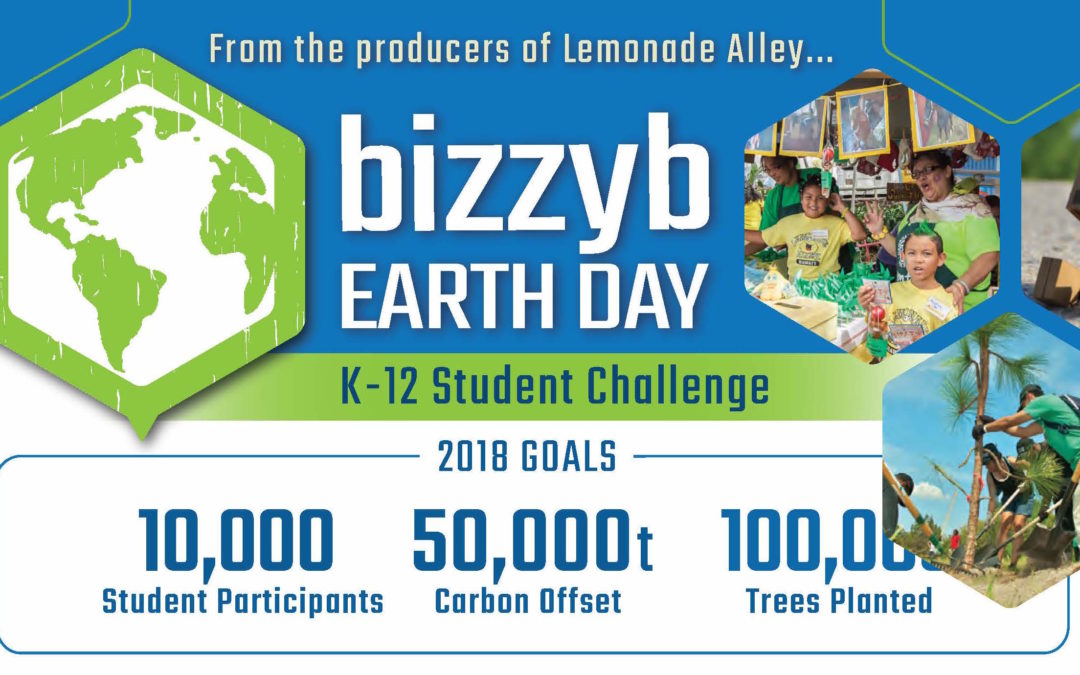
BizzyB Earth Day
Promoting youth entrepreneurship in Hawai’i, STEMD² proudly supports the BizzyB Earth Day. BizzyB Earth Day is a global eco-challenge for K-12 students, to learn entrepreneurship, eco-stewardship & charitable giving through social venture projects.
Students, grades K-12, select a business project from the BizzyB.com library. Projects may be done by individual students or in teams, anywhere in the world and anytime between March 1 and April 21, 2018. Projects tracks include:
- Create a stand from recycled materials & support a charity.
- “Billion Trees of Aloha” is a tree planting program.
- Create games from recycled materials & support a charity.
- Create products from recycled materials & support a charity.
Aggregated results will be reported right here on this website and at a live Student Marketplace & Global Reveal Event on Saturday, April 21, 2018
see Student Info »
BEE-come a Sponsor
Support students by providing Earth Day Student Project Packages and more:
-
…support your ala mater, employee’s kids, youth groups or your own kids.
Provide Project Packages ($20/student): support your ala mater, your employee’s kids, youth groups or your own kids by purchasing BizzyB Project Packages. Each Student Package contains four 30-day access tokens to Earth Day Projects at BizzyB.com.
- Provide Prizes: create a prize to convey a special message or mastery achievement. Prizes don’t have to be expensive, but carrying a positive message is encouraged.
- Volunteer to Mentor: adult mentors are welcome to apply to become student team advisors. Mentors will be vetted and certified to comment on project content via mobile devices.
- Promote Earth Day: use your influence sphere to engage students, teachers, mentors and organizations in the Earth Day challenge.
Buy in volume with marketing benefits. See Sponsor Packages »
Hawaii Reveal & Celebration Day
If you’re in Hawaii on Saturday, April 21, 2018, 8am-1pm HST, a live community celebration and press event will take place at Pearlridge Center Farmers Market, Aiea, Hawaii. The event features:
- Student Marketplace: if you’re a Hawaii student, you can reserve space in the Student Marketplace.
- Aggregated Results: results will be displayed on a large screen.
- Free Family Fun / Open to the Public: food, games, products, entertainment

Let’s Go Fishing
Let’s Go Fishing for eighth-grade mathematics is a fishing-themed textbook for teaching U.S. standardized mathematical concepts to students in Hawai’i and the Pacific. The activities in this book model the Smarter Balanced Assessment Consortium (SBAC) test questions for Grade 8.
The STEMD2 Book Series for eighth-grade mathematics was developed as part of a technology- enabled pedagogical approach (Ne’epapa Ka Hana model) for teaching mathematics in Hawai’i middle schools. This book series seeks to provide Hawai’i middle school teachers resources and training to incorporate problem-based learning, social learning, and inclusive pedagogy through a culturally relevant mathematics curriculum.
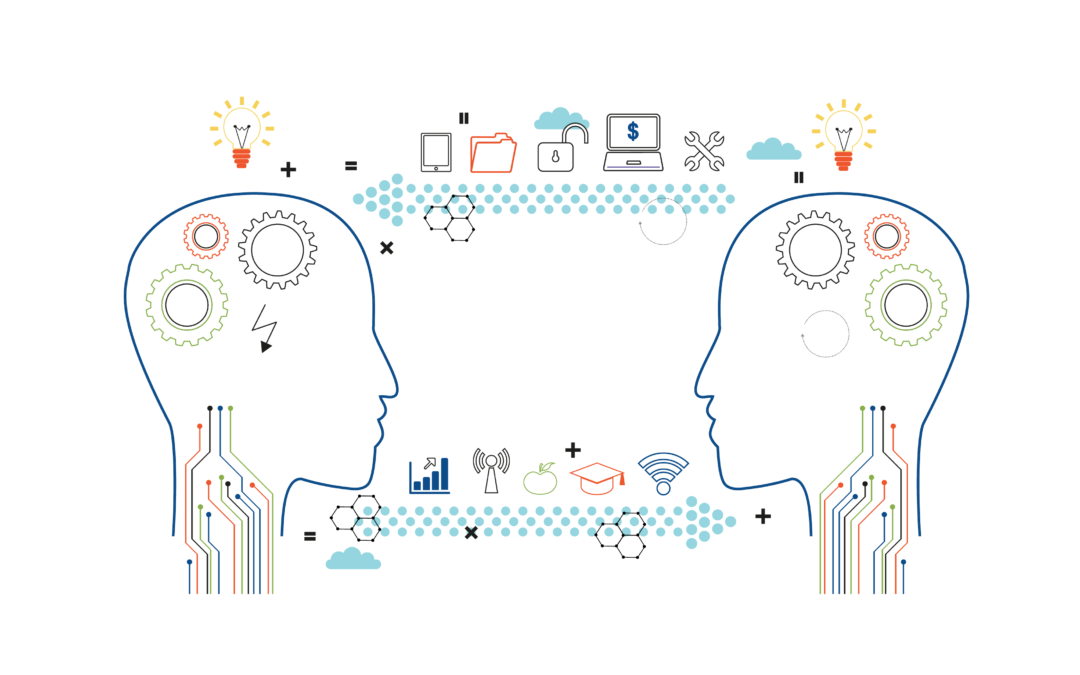
STEMD² Professional Development Series are Now Available on HIDOE Project Inspire Platform
STEMD2‘s professional development series is now online with Hawai`i Department of Education’s Project Inspire for PDE3 credit. The topics covered are: Inclusive Mathematics Pedagogy, Problem and Place-Based Learning, Cooperative Learning, Connectivism and Mathematics, Social Learning and Technology, and Formative Assessments. Please consider taking a look at the course and enrolling on the Project Inspire website at http://projectinspire.k12.hi.us/.
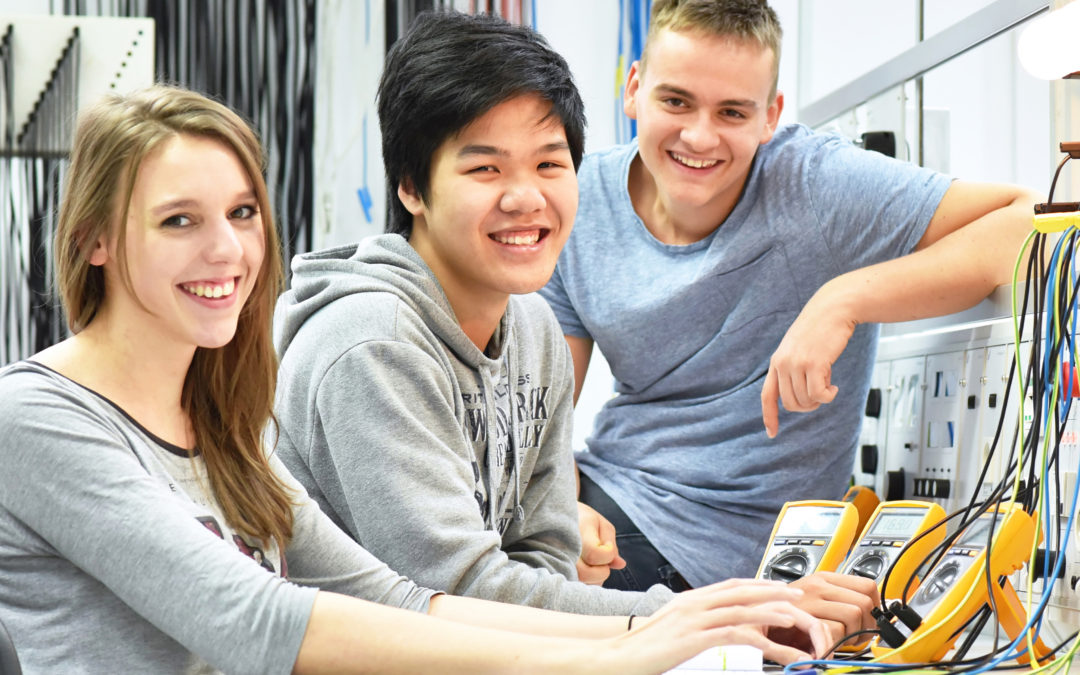
STEMD² ELL for Mathematics Education
STEMD2 is offering ELL in Mathematics Professional Developments for interested teachers, schools, and complex areas across the state of Hawai`i. Hawai`i is as diverse as it gets, and there are ELL students in the mathematics classrooms that are trying to learn the mathematics and English at the same time. This proves to be a barrier in the classroom, but there are techniques to incorporate to aid in this process. If you are interested in learning more, please contact us.
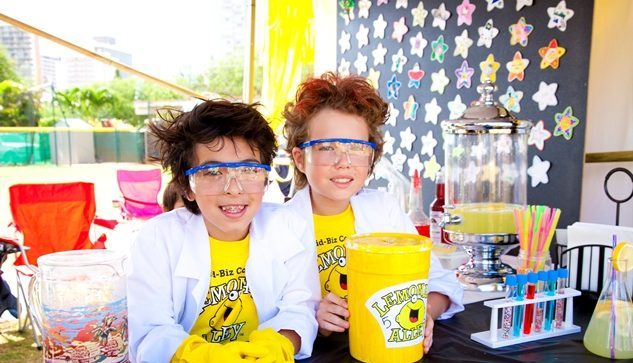
STEMD² Partners with Lemonade Alley
Promoting youth entrepreneurship in Hawai’i, STEMD² proudly supports the Lemonade Alley challenge. STEMD² will sponsor math teachers who mentor students throughout the process.
Nonprofit organizations, schools, and companies are invited to enter teams of K-12 students in the seventh annual Lemonade Alley challenge, scheduled for Saturday, April 8, at Pearlridge Center in Aiea. At Lemonade Alley, teams invent a lemonade recipe, build a stand, and raise money for the charity of their choice. Teams from nonprofit groups are encouraged to raise money for their own programs. Lemonade Alley is a great way to share an organization’s story, connect with the community, and build internal morale.
Organizations and companies are also encouraged to participate as event sponsors or prize donors. Prizes can be themed to reflect an organization’s or company’s message. Participation is easier than ever. Starting this year, Lemonade Alley is providing all infrastructure including tents, tables, chairs, wash stations, and safety equipment. Each team is assigned one six-foot table to make their lemonade stand business. Teams should provide their own recipe ingredients, signage, and stand decorations.
Optional Saturday workshops are offered March 11, 18 and 25. Topics include: recipe inventing, lemonade stand building and sales pitching. Professional chefs, designers and marketing experts, along with student ambassadors from previous Lemonade Alley challenges will provide presentations and mentorship.
Sponsored by the BizGym Foundation, Lemonade Alley is a friendly challenge that helps local students gain entrepreneurial skills while learning the art of philanthropy. In its previous six years of operations, Lemonade Alley has seen 138 teams raise over $57,000 to support 36 charities. BGF’s mantra: “Profit to Share!”
Space is limited and slots are going fast. Register your team today by visiting www.lemonadealley.com. Entry fee is $25/team. Contact Ronalyn Reyes at (808) 699-1807 or help@lemonadealley.com for more information.
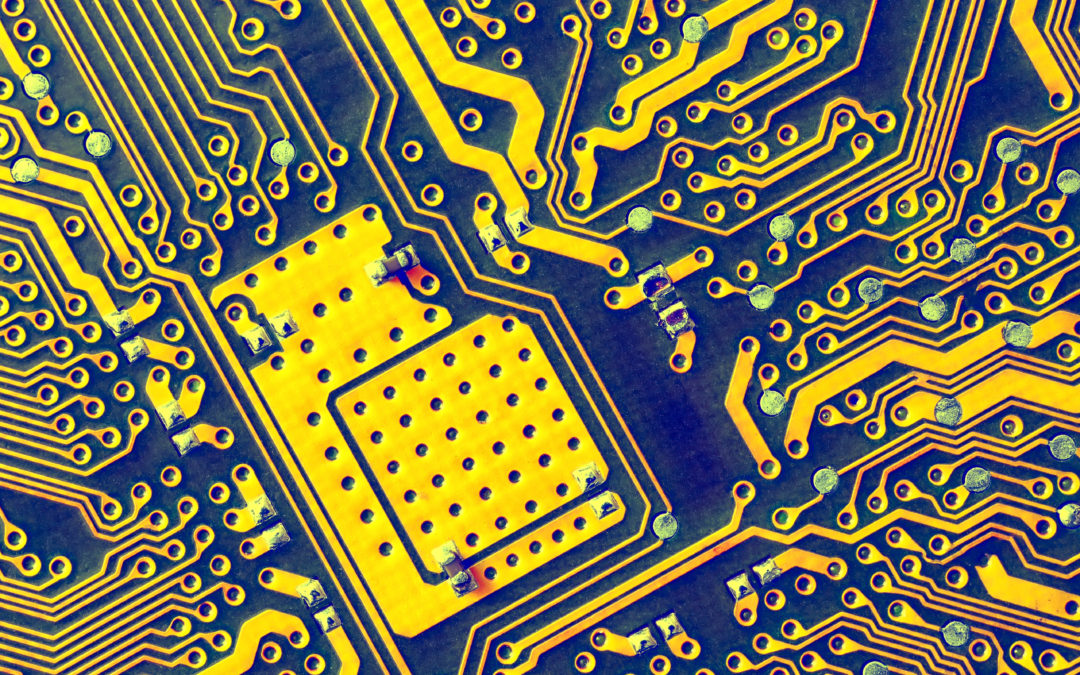
Computer Science Training Program for All Teachers
The Hawaii legislature (House Bill NO.1166, January 2017) has emphasized the importance of computer science training in Hawaii schools, with the understanding that providing students with access to computer science education is a critical step for ensuring that Hawaii remains competitive in the global economy. The STEMD² R&D Lab offers a unique learning experience for STEM teachers who are interested in teaching or integrating programming in their course.
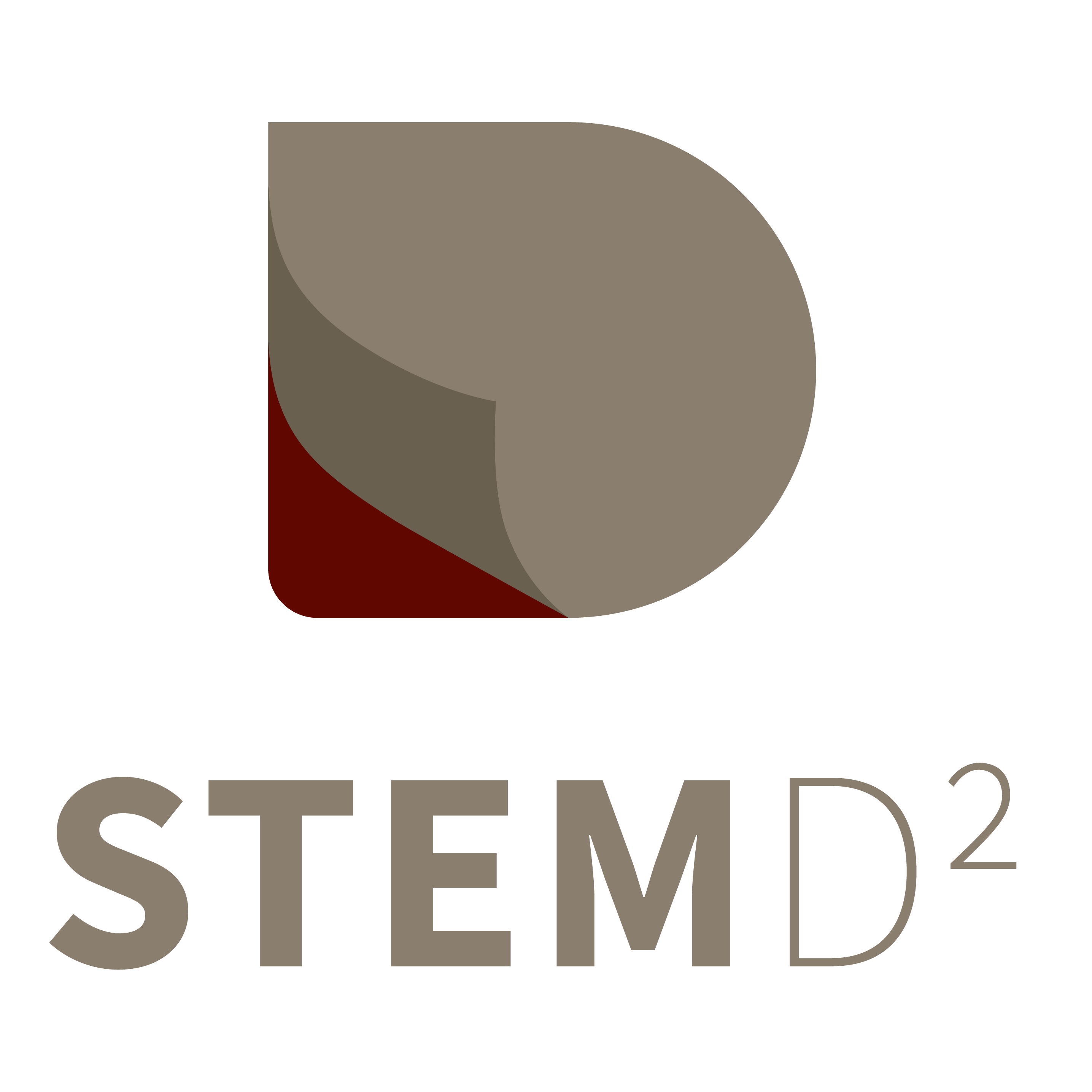
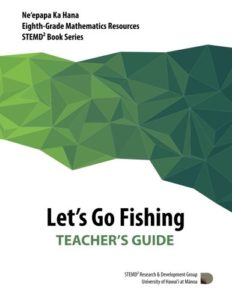

Recent Comments